Veronesi, P; De Lorenzi, F; Loschi, P; Rietjens, M; Veronesi, U.
Aesthetic Plastic Surgery, February 2016, pp 1-10
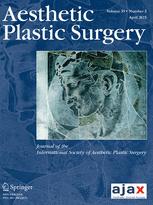 Breast augmentation is the most common cosmetic surgery in the United States, and thousands of augmented patients develop breast cancer each year. The possible effects of implants on cancer incidence, diagnosis, and treatment usually generate a disarming confusion. The present paper represents an update of the more recent oncologic and surgical strategies, aiming to support plastic and general surgeons in such challenging aspects. Several aspects of breast cancer management in augmented women are investigated, including: risk estimation and cancer characteristics, cancer diagnosis and cancer treatment including breast conservation, intraoperative radiotherapy, sentinel node biopsy and mastectomy, and reconstruction.
Breast augmentation is the most common cosmetic surgery in the United States, and thousands of augmented patients develop breast cancer each year. The possible effects of implants on cancer incidence, diagnosis, and treatment usually generate a disarming confusion. The present paper represents an update of the more recent oncologic and surgical strategies, aiming to support plastic and general surgeons in such challenging aspects. Several aspects of breast cancer management in augmented women are investigated, including: risk estimation and cancer characteristics, cancer diagnosis and cancer treatment including breast conservation, intraoperative radiotherapy, sentinel node biopsy and mastectomy, and reconstruction.
 En este artículo se presenta la visión futurista que de su especialidad tienen siete líderes de opinión estrechamente comprometidos con la patología mamaria. Las especialidades incluidas fueron radiología, patología, cirugía, cirugía plástica, medicina nuclear, oncología médica y oncología radioterápica. Ampliar…
En este artículo se presenta la visión futurista que de su especialidad tienen siete líderes de opinión estrechamente comprometidos con la patología mamaria. Las especialidades incluidas fueron radiología, patología, cirugía, cirugía plástica, medicina nuclear, oncología médica y oncología radioterápica. Ampliar…![]()
 La congestión venosa es la principal causa de complicación en la reconstrucción microquirúrgica de mama. Entre sus posibles motivos, son de especial interés las características de los vasos receptores. Las venas mamarias internas son la primera opción como venas receptoras.
La congestión venosa es la principal causa de complicación en la reconstrucción microquirúrgica de mama. Entre sus posibles motivos, son de especial interés las características de los vasos receptores. Las venas mamarias internas son la primera opción como venas receptoras.  El cáncer mamario es el más frecuente en las mujeres puesto que el riesgo de padecimiento a lo largo de la vida oscila entre un 10 % y un 12 %. La mastectomía ha sido el tratamiento estándar por más de una centuria, aunque, en las últimas décadas las técnicas reconstructivas han sido reconocidas como parte del tratamiento integral del mismo.
El cáncer mamario es el más frecuente en las mujeres puesto que el riesgo de padecimiento a lo largo de la vida oscila entre un 10 % y un 12 %. La mastectomía ha sido el tratamiento estándar por más de una centuria, aunque, en las últimas décadas las técnicas reconstructivas han sido reconocidas como parte del tratamiento integral del mismo. 
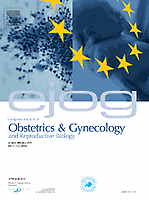 Autologous fat grafting (AFG) or lipofilling is nowadays a popular technique for breast reconstruction after breast cancer surgery. There is debate regarding the oncological safety and risks of this procedure in breast cancer patients. A systematic review of the literature published between January first 1995 and October first 2016 was conducted regarding the efficacy, safety and complications of this technique in breast cancer patients after their cancer treatment.
Autologous fat grafting (AFG) or lipofilling is nowadays a popular technique for breast reconstruction after breast cancer surgery. There is debate regarding the oncological safety and risks of this procedure in breast cancer patients. A systematic review of the literature published between January first 1995 and October first 2016 was conducted regarding the efficacy, safety and complications of this technique in breast cancer patients after their cancer treatment.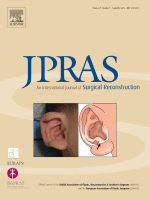 Patient reported outcomes and quality of life following mastectomy are not well understood. This study evaluates the quality of life following surgery for breast cancer and compares outcomes following breast conserving surgery versus total mastectomy with or without reconstruction.
Patient reported outcomes and quality of life following mastectomy are not well understood. This study evaluates the quality of life following surgery for breast cancer and compares outcomes following breast conserving surgery versus total mastectomy with or without reconstruction.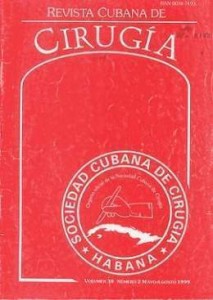

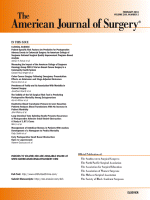 Nipple-sparing mastectomy (NSM) has been increasingly used to treat women with breast cancer who wish to preserve the overlying breast skin, but concern remains regarding tumor recurrence. We report our experience performing NSM for breast cancer treatment and prophylaxis over a 6-year period.
Nipple-sparing mastectomy (NSM) has been increasingly used to treat women with breast cancer who wish to preserve the overlying breast skin, but concern remains regarding tumor recurrence. We report our experience performing NSM for breast cancer treatment and prophylaxis over a 6-year period.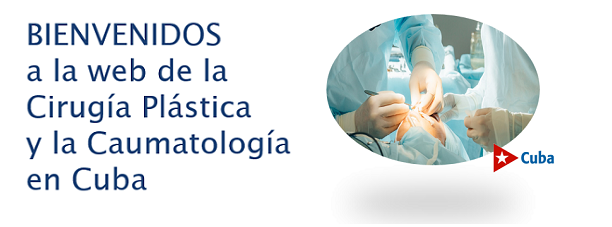
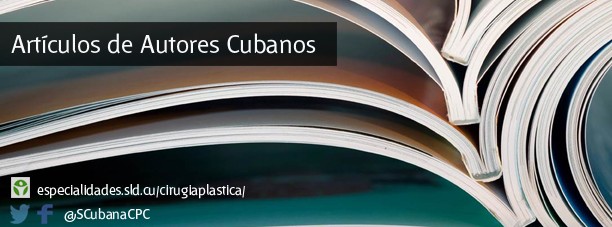
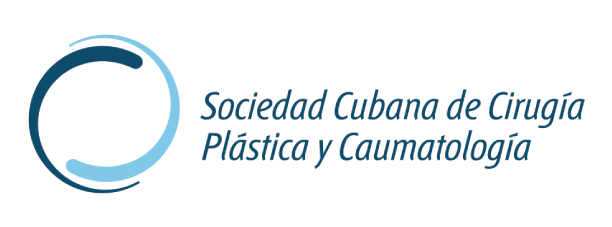
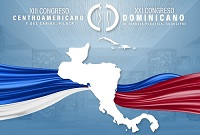
 Sitio web publicado el
Sitio web publicado el
Los lectores comentan